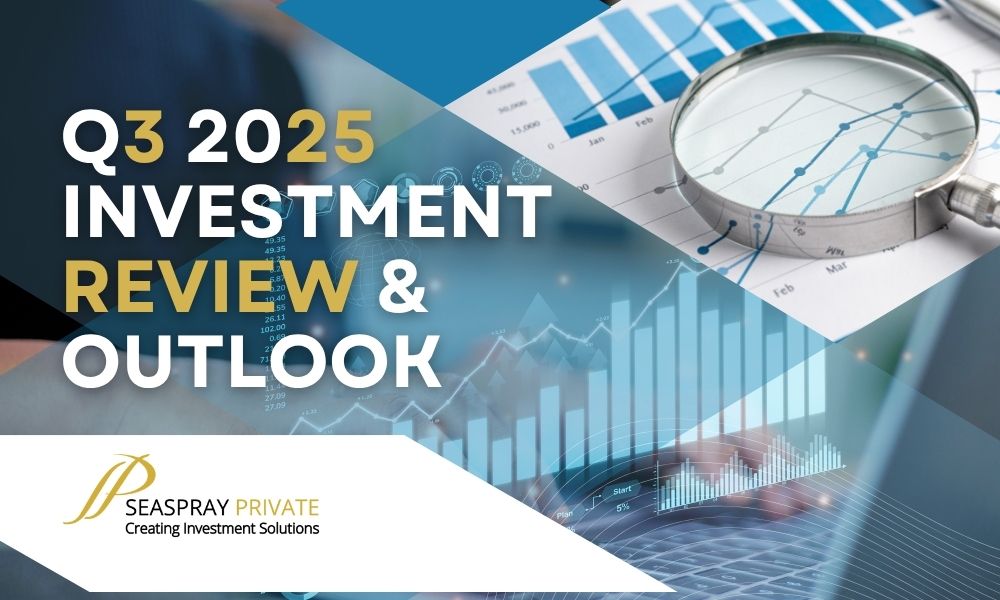In the US, equity market sentiment was dominated by President Trump’s tariff announcement, which he dubbed “Liberation Day”. While markets were in the green from Monday to Wednesday, scoring three days of gains, they were wiped away on Thursday & Friday, as global markets had their worst week in years. Fears arose around the future health of both the US and global economy as a result of the tariffs, alongside potential inflationary concerns, which could lead to higher prices and higher interest rates. The average tariff rate charged by the US will increase to 22%, the highest in over a century; however, this number will fluctuate as countries respond and deals are made. Stocks exposed to global supply chains suffered the worst, with Apple and Nike plummeting 7% and 11%, respectively, on Thursday alone. The US dollar also had one of its worst days in years on Thursday, falling over 2% against the Euro, 1.3% against the Pound, and 2.3% against the Yen. While President Trump was mostly in the news for his tariffs, he also began the sale of his stake in Truth Social, the media platform founded by him and his Trump Media and Technology Group. The stake is worth $2.3bn and is managed by his son, Donald Trump Jr. Amazon is expected to deploy its first-ever broadband satellite array, Project Kuiper, which will be the first direct competition to Elon Musk’s Starlink. In economics, U.S. nonfarm payrolls rose by 228,000 in March, beating forecasts of 135,000, but unemployment also rose to 4.2%. For the week, the S&P 500 closed -7.59% lower, while the NASDAQ closed -7.54% lower.
In Europe, markets plunged in the wake of President Trump’s tariffs, which will see imports from the EU incur levies of 20%. Markets in Europe were most fearful of a prolonged trade war between the US and the EU, which could have severe consequences for both economies. The EU is the single biggest exporter of goods to the US, exporting $605bn of goods in 2024. In corporate news, Danish shipping giant Maersk last week acquired a railway that connects the ports at either end of the Panama Canal. The 76km railway links the port of Balboa in the west and Colón on the east coast of the country, offering another, albeit more limited, way of getting goods across the country. With droughts becoming more common due to climate change, the railway could be an effective alternative trade route if water levels drop. For the week, the Euro Stoxx 50 and STOXX 600 closed lower, down -7.02% and -7.14% respectively.
In the UK, the FTSE 100, like all other major indices, suffered a major pullback last week. While the UK only received a tariff hit at the lower blanket level of 10% in comparison to the EU’s 20%, it still leaves UK exporting companies, particularly in the automotive industry, exposed to higher costs. For the week, the FTSE 100 closed lower, down -5.62%.





